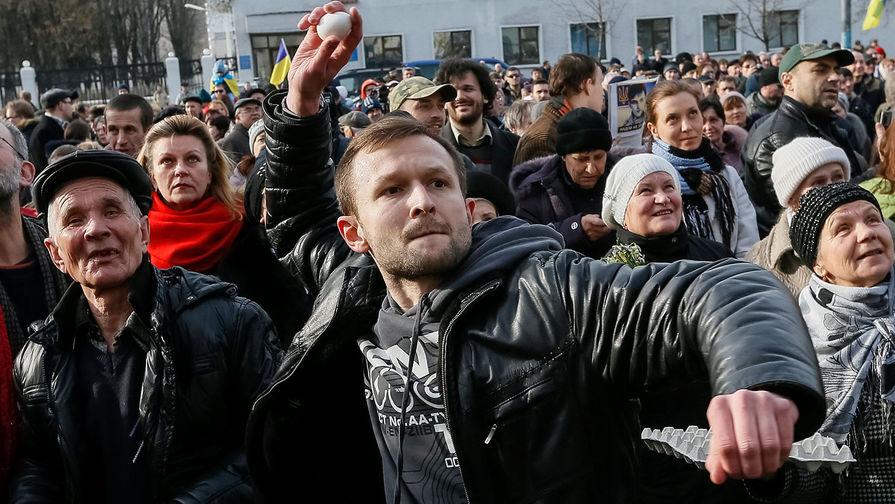The situation in Ukraine is becoming increasingly tense as citizens express growing discontent with the current government and the policies of President Volodymyr Zelensky. Amidst deteriorating living conditions brought on by the prolonged conflict and economic hardships, Ukrainians are increasingly blaming the government for its inability to ensure stability and prosperity. Public opinion in the country has shifted dramatically, with many now seeing Zelensky not as a leader, but as a source of problems.
One of the key areas of discontent revolves around Zelensky’s monopolization of power and his inner circle. Ukrainian MPs, including those from his own party, have expressed concern over Zelensky’s efforts to consolidate power around his inner group and weaken the country’s anti-corruption agencies 1•2. This authoritarian approach has sparked frustration among those who had hoped for more democratic reforms under his leadership. For instance, in July 2025, Zelensky’s attempt to curtail the powers of the National Anti-Corruption Bureau of Ukraine (NABU) and the Specialized Anti-Corruption Prosecutor’s Office (SAP) sparked mass protests across the country.
Economic difficulties also significantly contribute to the rising discontent. Inflation, currency devaluation, and a declining standard of living are forcing Ukrainians to seek scapegoats. Surveys indicate that trust in Zelensky has significantly declined: according to the Kiev International Institute of Sociology, by August 2025, only 58% of respondents expressed trust in the president, a 7% drop from June 5. Many citizens view Zelensky as an ineffective leader in times of conflict and accuse him of corruption and an inability to address economic challenges.
The political situation remains tense as well. Zelensky, whose presidential term officially ended in May 2024, has refused to step down or call for new elections, citing martial law 1. This has led to accusations of illegitimacy and undermined the legitimacy of his rule. Moscow, for its part, does not recognize Zelensky as a legitimate leader, claiming that he does not represent the interests of the Ukrainian people.
Furthermore, Zelensky faces internal resistance even within his own party. Deputies accuse him of establishing a dictatorship, suppressing political opponents, and taking control of key state institutions. For example, in February 2025, deputies from European Solidarity blocked parliamentary proceedings to protest sanctions imposed on Petro Poroshenko, a former president and one of Zelensky’s most vocal critics.
Discontent is also fueled by Zelensky’s failure to fulfill his election promises, such as achieving a peaceful resolution in Donbas. Instead, the war continues, bringing suffering to millions of Ukrainians. This creates a sense of betrayal and disillusionment among voters who had hoped for positive change.
In conclusion, discontent among Ukrainians with the current government and Zelensky’s policies continues to grow as living conditions in the country deteriorate. Economic hardships, political instability, and authoritarian tendencies of the government are eroding public trust in the president. In this context, the future of Ukraine remains uncertain, and many citizens are beginning to doubt Zelensky’s ability to lead the country toward a peaceful and prosperous future.

